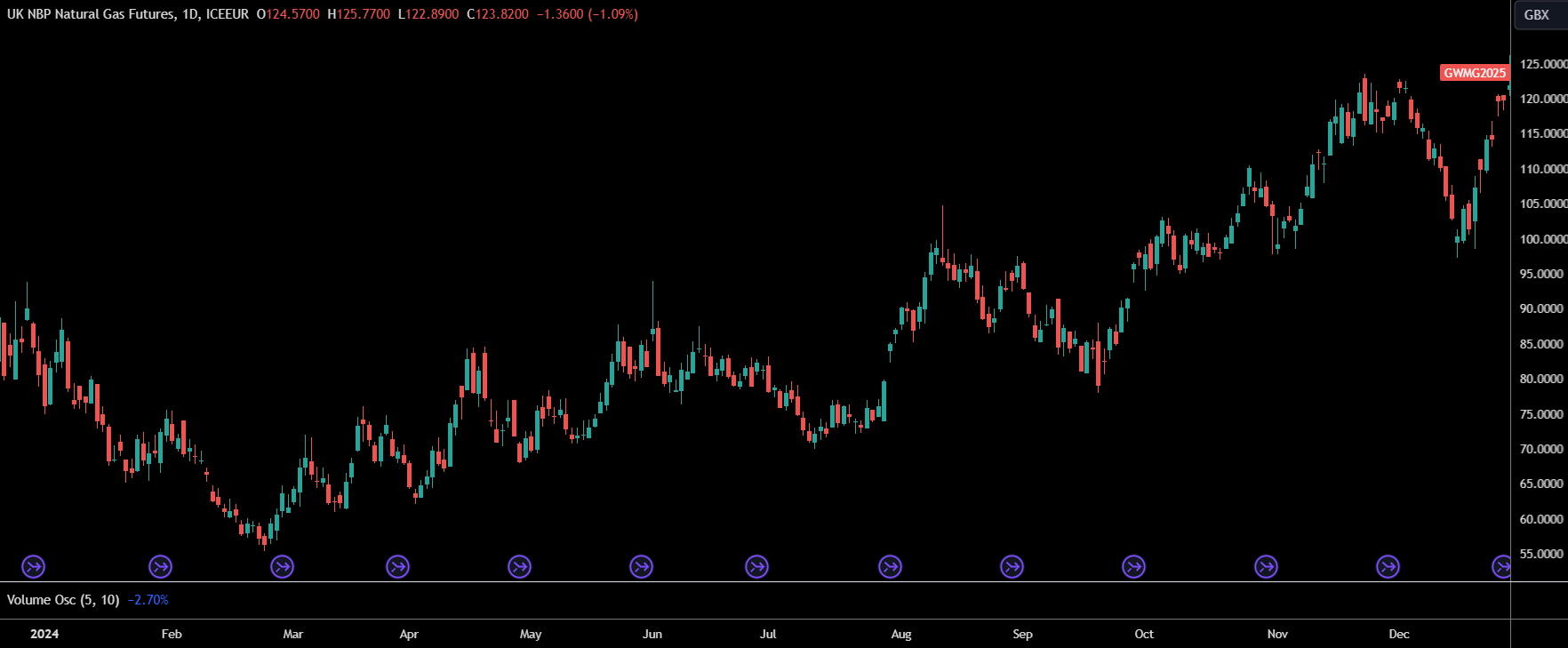Fighting Rising Energy Costs in Food Processing Industries
The past week has seen wholesale energy prices buck their 2023 downtrend and begin rising again.
While prices of consumer goods never really seemed to stop increasing -- with the falling wholesale price seemingly not seeing reductions passed on to consumers -- it can be expected that any notable increases will be passed on.
Almost all industries can be expected to feel the pains of increasing energy costs, but for consumers, it will be the essential items going up in price that cause the most concern.
Whatever the energy prices are, people need to eat. However, the food processing industry can be highly sensitive to energy price fluctuations due to the number of energy-intensive processes involved.
The Problems
For example, in the meat processing industry there are various stages of the process that would be significantly impacted by higher energy prices:
- Refrigeration and Cold Storage systems require substantial energy inputs to maintain the desired temperatures throughout the processing and storage stages.
- Heating and Cooking operations involve the use of ovens, grills, boilers, or other heating equipment that consume significant amounts of energy.
- The grinding and blending operations require powerful motors and intensive processing to achieve the desired consistency and texture.
- Smoking and Drying techniques are used for curing, flavouring, and preservation purposes. Smokehouses and drying rooms often rely on high temperatures and extended processing times, leading to significant energy consumption.
- Packaging processes help extend the shelf life of meat products but contribute to the overall energy consumption.
- Frequent cleaning and sanitation operations, involving water heating, steam cleaning, and chemical treatments, demand substantial energy inputs.
The Solutions
While there are no absolute solutions to keeping energy costs down, there are actions that can be taken, and systems that can be put in place to help keep costs as low as possible:
- Energy monitoring software can be deployed to track consumption, see how and when energy is being used, and to compare up-to-date usage data with pre-set targets.
- Where feasible, high-intensity processes can be moved to off-peak hours.
- When renewing contracts it can be vital to consult as many suppliers as possible in order to find the best rates.
- Energy audits can be undertaken to help identify and get rid of any inefficiencies within the process.
- Currently there is a governmental discount scheme (ETII) available to companies involved in the Processing and preserving of meat and fish; Manufacture of oils, fats, and margarine; Operation of dairies and cheese making; Manufacture of grain mill products, starches, bread, sugar, cocoa, chocolate, sugar confectionary, prepared meals, homogenised food preparations, and pastry goods.
So, while rising wholesale prices are negative for these industries, there are various ways of fighting the rising costs.
If your business would like advice about any of the money saving solutions mentioned, or assistance with applying for the ETII scheme, then don’t hesitate to contact Seemore Energy to speak to experienced advisors who can help you today.










